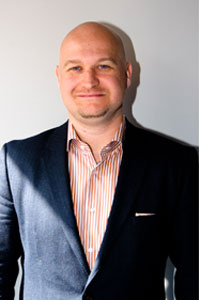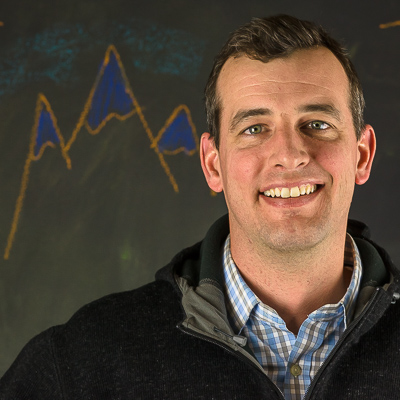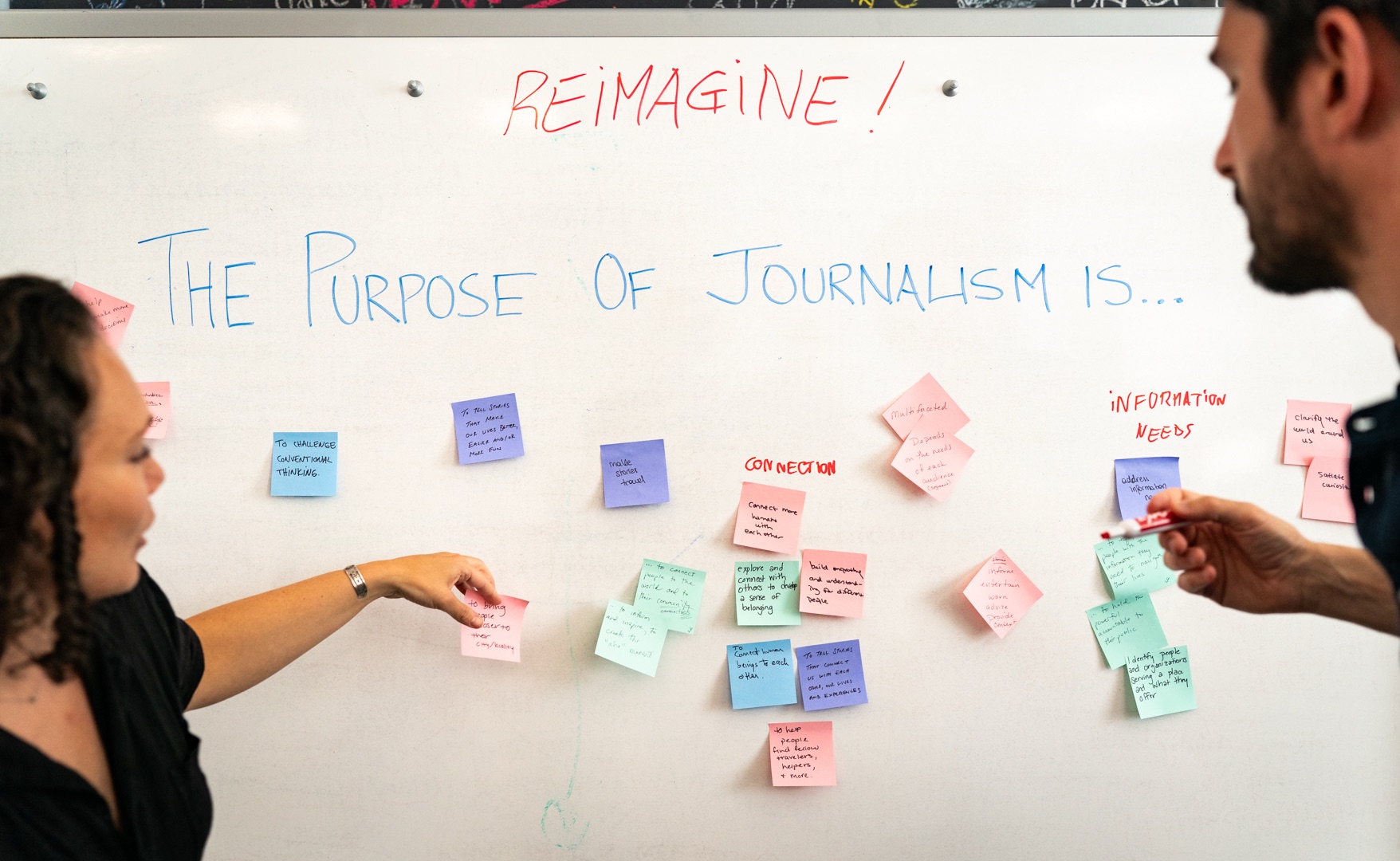A month or two back I got roped into going to a happy-hour SEO seminar.
Ugh. Talk about an acronym that doesn’t inspire joy in the typical journalist or even the typical hacker journalist: SEO.
I’d heard it all before, I thought — keywords, links, URLs, metadata, etc. — but I agreed to go, wanting to appease a boss and deciding that at the very least I’d get to meet some folks and talk some shop. Plus, you know, drinks.
Of course a funny thing happened to all my cynicism after I arrived and started to listen. Yes, I’d heard the bits about keywords and metadata before, but that cynicism died when I learned that there was so much I didn’t know: how site architecture affects SEO, for example; how to update and archive stories for maximum clicks; how to game the nuances of Google News.

Brent showed us some interesting data from his time at Tribune (during which traffic increased every month to make Tribune Company as a whole the most trafficked news organization in the country) and spoke specifically about SEO for news organizations.
So useful was the seminar that Knight Lab decided to invite Brent to present at Hacks Hackers Chicago. He’ll join us on Wednesday, July 17 at Matilda. You should come. You’ll learn something, perhaps appease a boss, and get to talk some shop. Plus, you know, drinks.
Hope to see you there. RSVP on Meet-up.
Here’s two quick usable tips from Brent if you can’t make it to the seminar on July 17:
Step 1: Analyze How People Search
The first step in optimizing any site for search engines is doing research on how people actually search for news. There are two tools that make this market research easier: Google Keyword and Google Trends.
The Google Keyword tool allows you to analyze specific story topics. You can plug in different phrases and ideas, and the keyword tool will show you search volume and competition. The competition will be an indication of how hard it will be to rank for a particular phrase, and the volume will tell you how many people are searching for that phrase around the world and in the United States.
The Google Trends tool allows you to take advantage of viral/popular topics. This tool allows you to see what’s being searched at the moment and where those searches often lead. You can then use this information to construct a content strategy. The Keyword tool is best when integrated with a long-term site structure, while the Trends tool is best used for immediate,newsworthy posts.
Step 2: Create a Smarter Content Strategy
The easiest way of explaining the difference between a poor strategy and a SEO-friendly one is through headlines. Let’s take the example of a newsworthy event like the Hudson River plane landing of 2009.
Some news outlets ran the creative headline: “Pilot Takes Icy Plunge,” while others posted the simple “Plane Crashes Into Hudson River.” Even though the former has user experience value and is fun to read, it completely obscures the newsworthiness of the story. It also isn’t relevant to how people actually search. The second headline, meanwhile, caters to relevance and also allows Google to easily see what the article will be about, making it better for SEO.
In addition, a smarter content strategy ensures content is posted properly. Title tags, Htags, meta-descriptions, and proper captioning make a world of difference when it comes to Google. As do proper sitemap creation and navigation. When you build out resource and landing pages, it's important to make sure your content has easy navigation that can be seen accurately in a Google search.
Whether it’s tech-focused usability, journalism-focused info-gathering, or both, you need to guarantee people see your work. A strong SEO strategy can boost readership growth and increase ROI.
Again, learn more about SEO best practices for news and how they can boost traffic at the Hacks/Hackers Chicago SEO for News seminar sponsored by Loud Interactive and Knight Lab on Wednesday, July 17.
About the author





